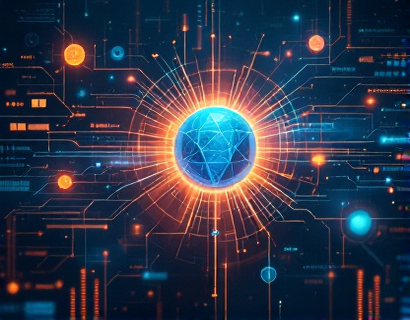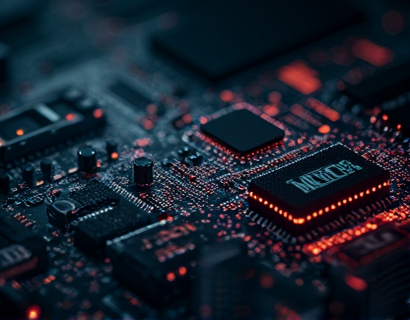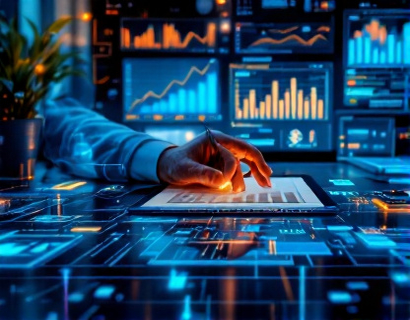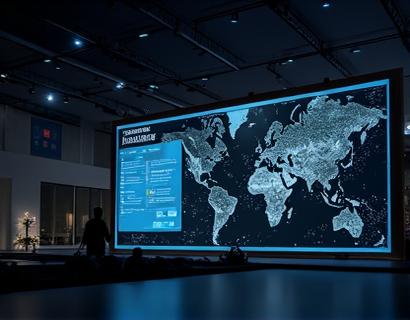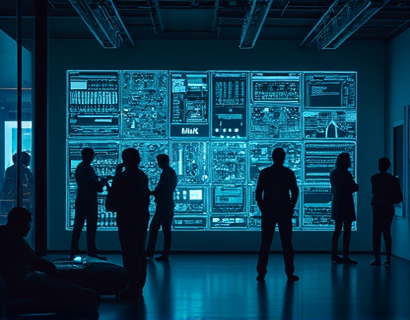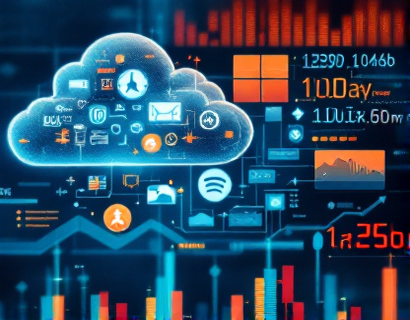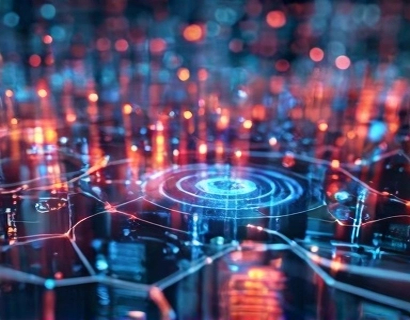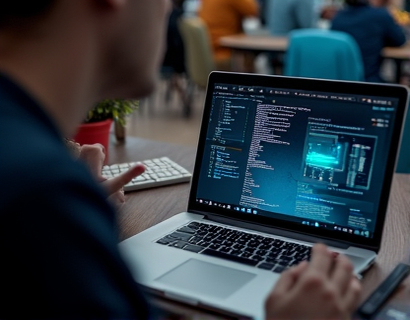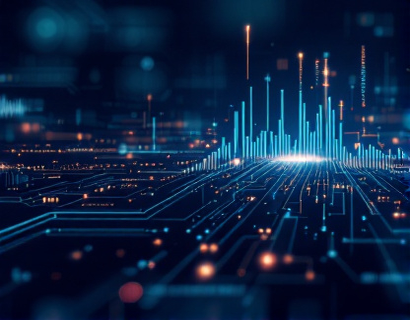Decentralized Productivity: Turbo-Charged with AI and Crypto Integration
The intersection of artificial intelligence and cryptocurrency is giving birth to a new era of decentralized productivity tools. These cutting-edge technologies are not just evolving independently but are merging to create advanced systems that significantly enhance efficiency and redefine user experience. This article delves into the transformative impact of this fusion, exploring how it is revolutionizing workflows and setting a new standard for digital innovation. Whether you are a tech enthusiast, a productivity professional, or an early adopter of decentralized applications, understanding these developments is crucial for staying ahead in the rapidly changing digital landscape.
Understanding Decentralized Productivity Tools
Decentralized productivity tools operate on blockchain technology, which ensures transparency, security, and decentralization. Unlike traditional centralized systems where data and control are held by a single entity, decentralized tools distribute these across a network of nodes. This distribution not only enhances security by eliminating single points of failure but also promotes trust among users, as transactions and data are immutable and verifiable.
These tools leverage smart contracts, self-executing contracts with the terms directly written into code, to automate and enforce agreements without intermediaries. This automation reduces the need for manual intervention, speeds up processes, and minimizes errors. The integration of AI further amplifies these benefits by providing intelligent automation, predictive analytics, and personalized user experiences.
AI in Decentralized Productivity
Artificial intelligence plays a pivotal role in enhancing the functionality of decentralized productivity tools. AI algorithms can analyze vast amounts of data to identify patterns, predict trends, and make informed decisions. In a decentralized context, AI can optimize resource allocation, streamline workflows, and provide insights that help users make better choices.
For instance, AI-driven chatbots can assist users in navigating complex decentralized applications, offering real-time support and guidance. These chatbots can understand natural language queries, reducing the learning curve for new users and improving overall user experience. Additionally, AI can enhance security by detecting and mitigating threats in real-time, ensuring that the decentralized network remains robust and reliable.
Crypto Integration for Enhanced Security and Incentives
Cryptocurrency integration adds another layer of innovation to decentralized productivity tools. By using blockchain-based tokens, these tools can create incentive mechanisms that motivate users to contribute value to the network. For example, users who provide computational power, data, or other resources can be rewarded with tokens, fostering a collaborative and economically driven ecosystem.
Moreover, cryptocurrencies enable seamless and secure transactions without the need for intermediaries. This not only reduces costs but also speeds up processes, making decentralized tools more efficient. The use of smart contracts ensures that transactions are executed precisely as agreed upon, eliminating the risk of fraud and disputes.
Case Studies: Real-World Applications
Several projects are already demonstrating the potential of AI and crypto integration in decentralized productivity. One notable example is a decentralized task management platform that uses AI to prioritize tasks based on user preferences and project deadlines. The platform employs smart contracts to automate task assignments and payments, ensuring that all participants are fairly compensated for their contributions.
Another example is a decentralized content creation and monetization platform. AI algorithms analyze content to identify trending topics and optimize content for maximum engagement. Creators are rewarded with native tokens based on the performance of their content, creating a self-sustaining ecosystem where high-quality content is incentivized and rewarded.
Benefits of Decentralized Productivity Tools
The integration of AI and cryptocurrency in decentralized productivity tools offers numerous benefits. First and foremost, these tools enhance security by leveraging the immutable and transparent nature of blockchain. Users can trust that their data and transactions are secure and tamper-proof.
Efficiency is another significant advantage. Automation through AI and smart contracts reduces manual work, speeds up processes, and minimizes human error. This not only saves time but also reduces operational costs. Additionally, the decentralized nature of these tools ensures that there is no single point of failure, making the system more resilient and reliable.
User experience is also greatly improved. AI-driven interfaces provide personalized and intuitive interactions, making complex decentralized applications accessible to a broader audience. The incentive mechanisms driven by cryptocurrency encourage active participation and contribution, fostering a vibrant and engaged community.
Challenges and Considerations
Despite the numerous benefits, the adoption of AI and crypto integrated decentralized productivity tools is not without challenges. One major concern is the technical complexity. Blockchain and AI are sophisticated technologies that require a certain level of understanding to use effectively. This can be a barrier for users who are not tech-savvy.
Another challenge is scalability. Current blockchain technologies often face limitations in terms of transaction speed and cost, which can impact the performance of decentralized tools. However, ongoing developments in blockchain scalability solutions are addressing these issues, paving the way for more widespread adoption.
Regulatory uncertainty is another factor to consider. The crypto space is still navigating through a complex landscape of regulations, which can vary significantly across different jurisdictions. This uncertainty can pose risks for projects aiming to operate on a global scale.
Future Outlook
The future of decentralized productivity tools looks promising, with continuous advancements in both AI and blockchain technologies. As these technologies mature, we can expect more seamless integration, improved scalability, and broader adoption. The combination of AI's analytical prowess and cryptocurrency's security and incentive mechanisms will continue to drive innovation in the realm of decentralized productivity.
Moreover, the growing awareness and acceptance of blockchain and AI among businesses and individuals will further accelerate the development of these tools. As more organizations recognize the potential of decentralized solutions, we can anticipate a surge in new applications and use cases that will redefine how we work and collaborate in the digital age.
In conclusion, the fusion of AI and cryptocurrency is not just a technological trend but a transformative force that is reshaping the landscape of productivity tools. By embracing these advancements, users and developers alike can unlock new possibilities, enhance efficiency, and create more inclusive and secure digital environments.





